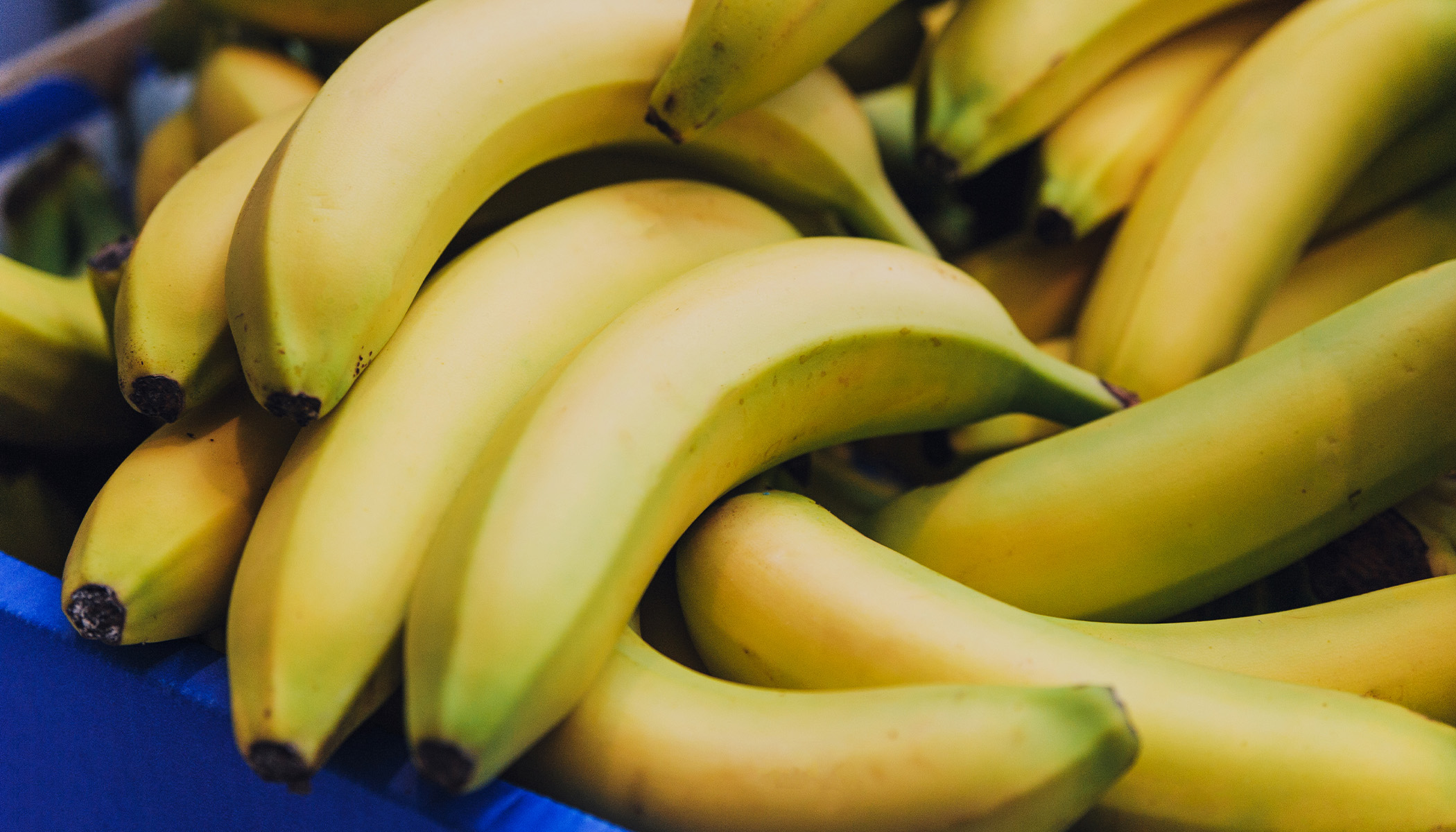Revolutionising Agricultural Technology
Agri-techThe Ceres Agri-Tech partnership, which links the Universities of Cambridge, Lincoln, Reading, Hertfordshire, and East Anglia to drive commercialisation of agri-tech research and innovation, was announced in 2018.
Over the past year, the team has identified and reviewed 55 new opportunities and presented 13 to the Ceres Investment Committee. Eleven of these were supported with leveraged funding from Ceres partners. The projects range from germplasm, robotics, bio-based materials, sensors, and decision support software to agricultural engineering, imaging systems, and healthy foods.
Disease-resistant bananas
For example, Ceres is funding a Cambridge project to develop, scale up, and evaluate a novel, non-GM technology to produce disease-resistant banana plants. This technology will help to secure more sustainable production by enabling local communities to continue growing bananas without destroying local habitats.
Tackling black-grass
Cambridge and Lincoln are collaborating on an autonomous detection system to tackle the problem of black-grass, one of the most economically damaging weeds in northwest Europe. The project is using imaging technology and AI to automatically detect black-grass in fields months earlier than is possible with current systems, allowing for real-time treatment.
Non-GM resilient cereals
Another Cambridge-based project funded by Ceres is validating and scaling up production of non-GM resilient cereals with desirable characteristics such as pest and disease resistance. The technology has the potential to increase yields to help feed the world’s growing population, while simultaneously reducing crop losses, food waste, and reliance on agro-chemicals




